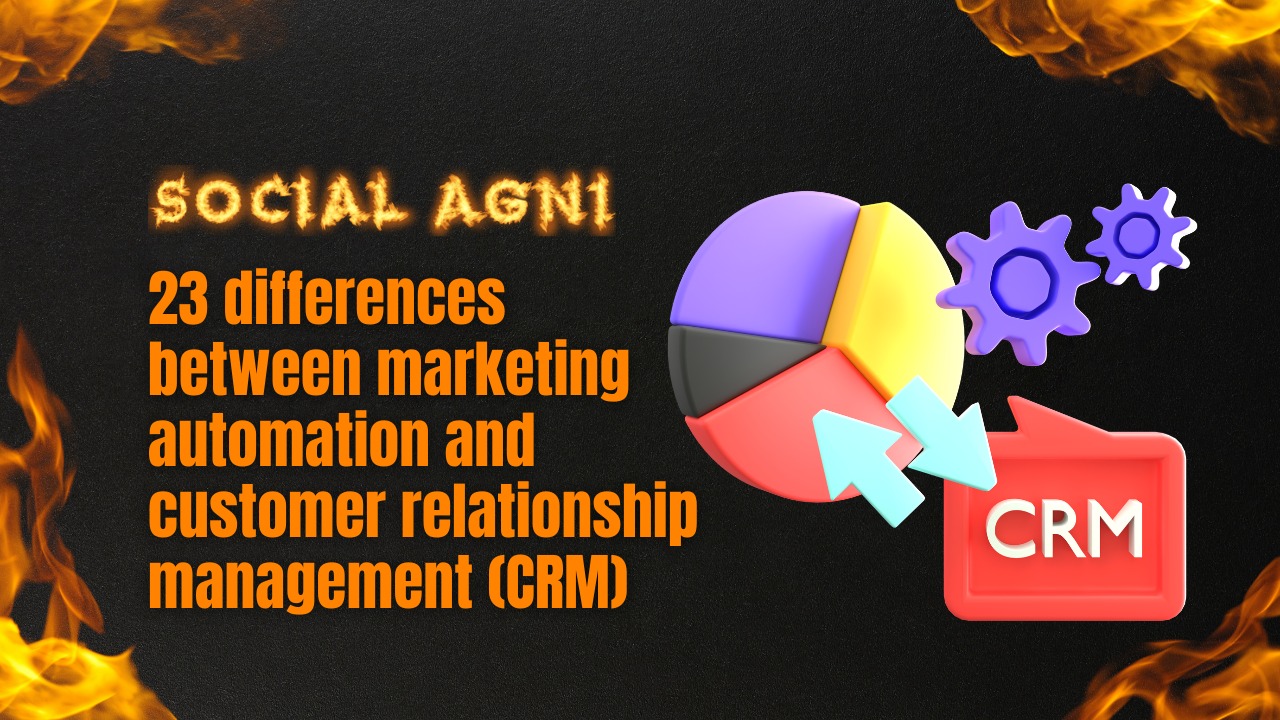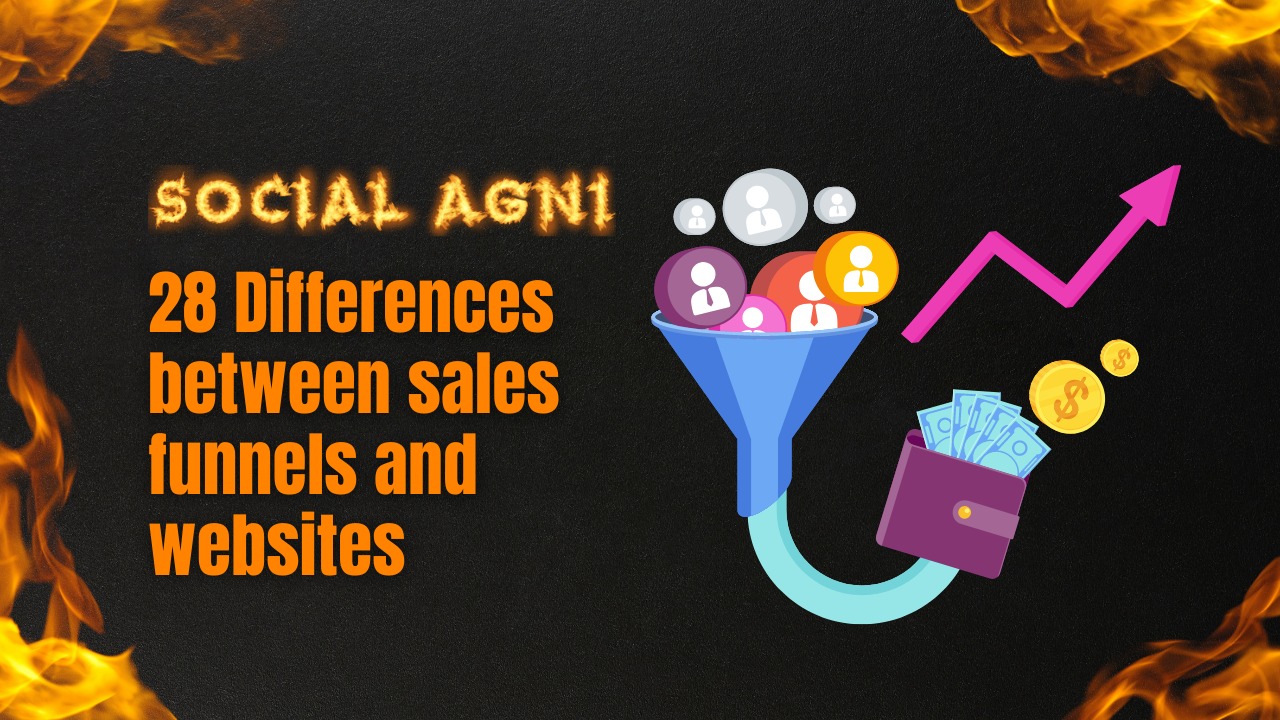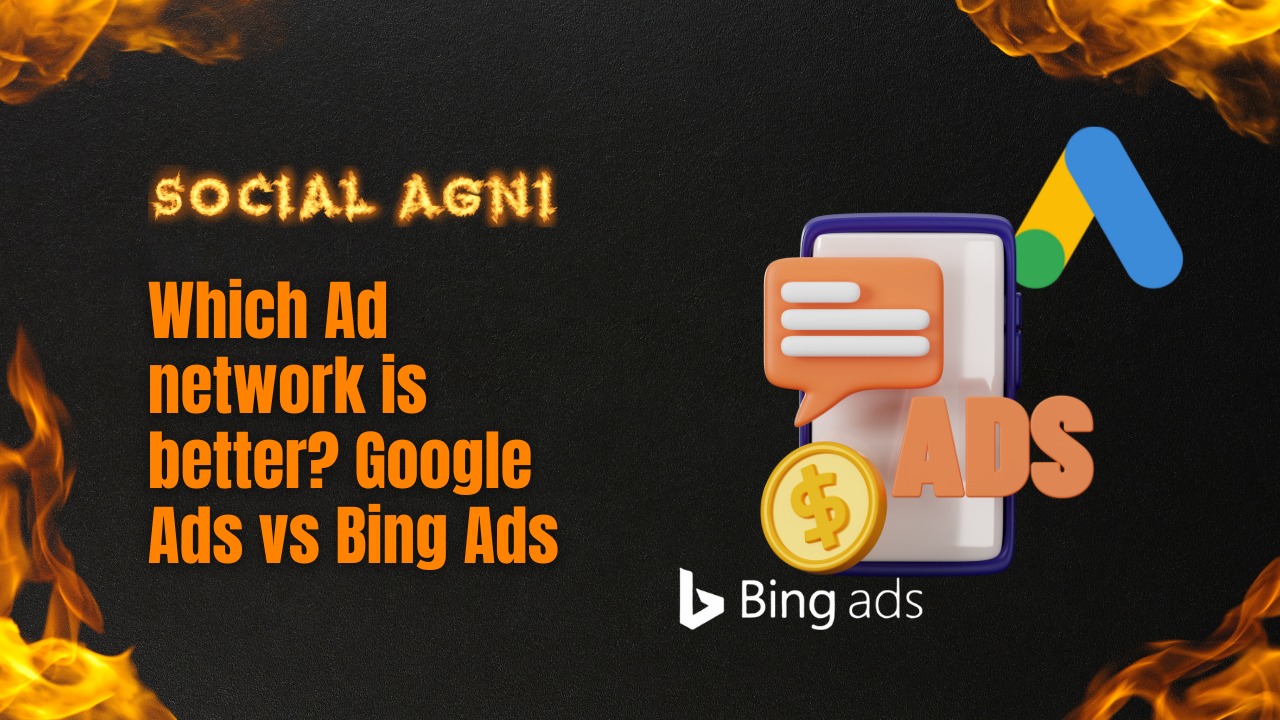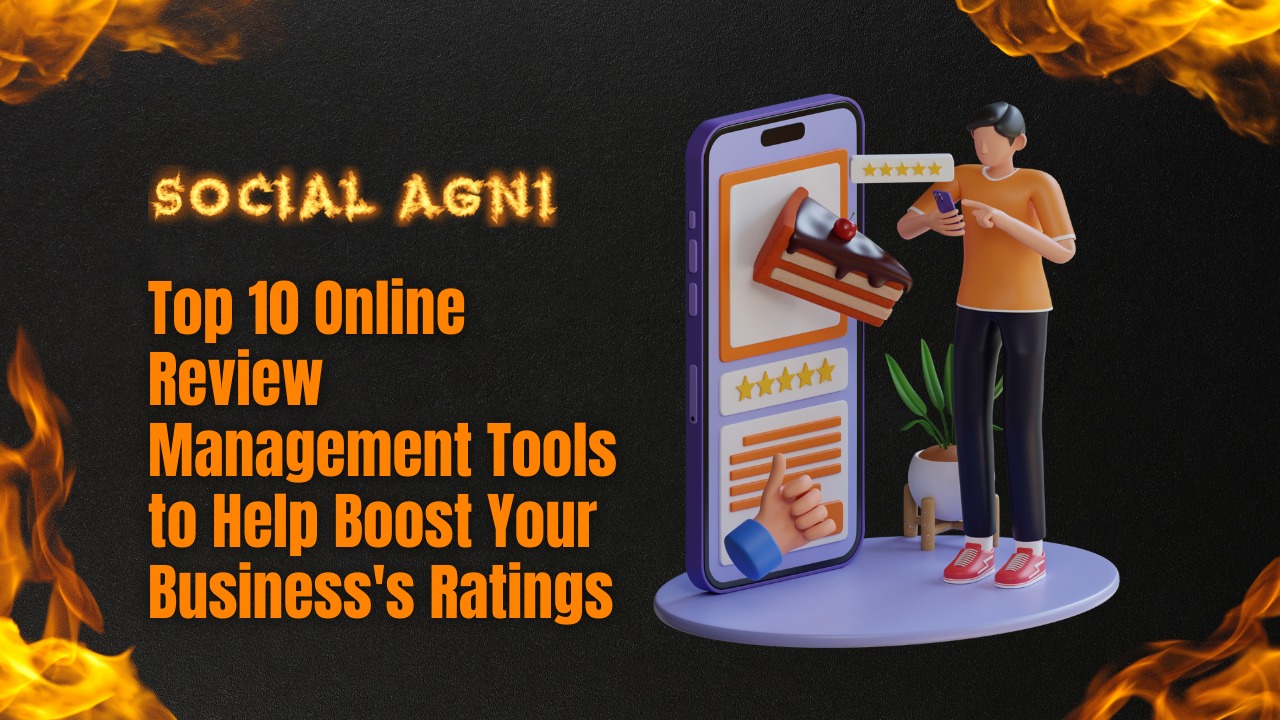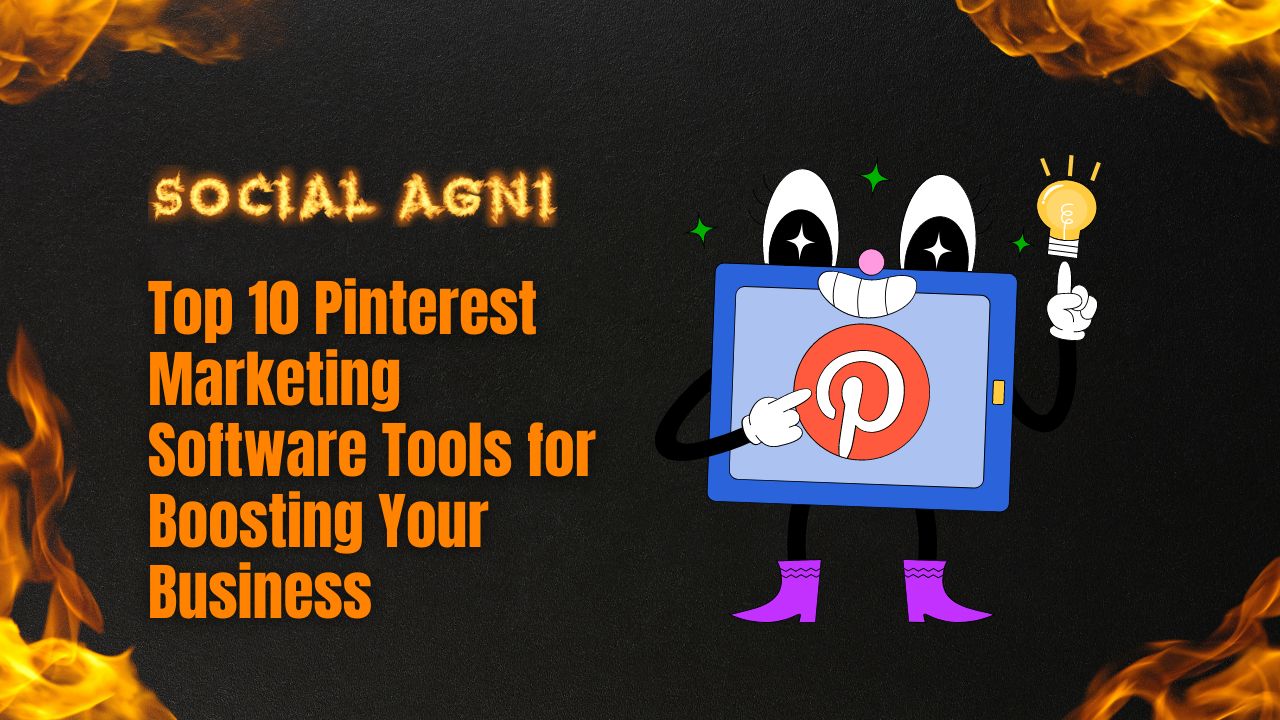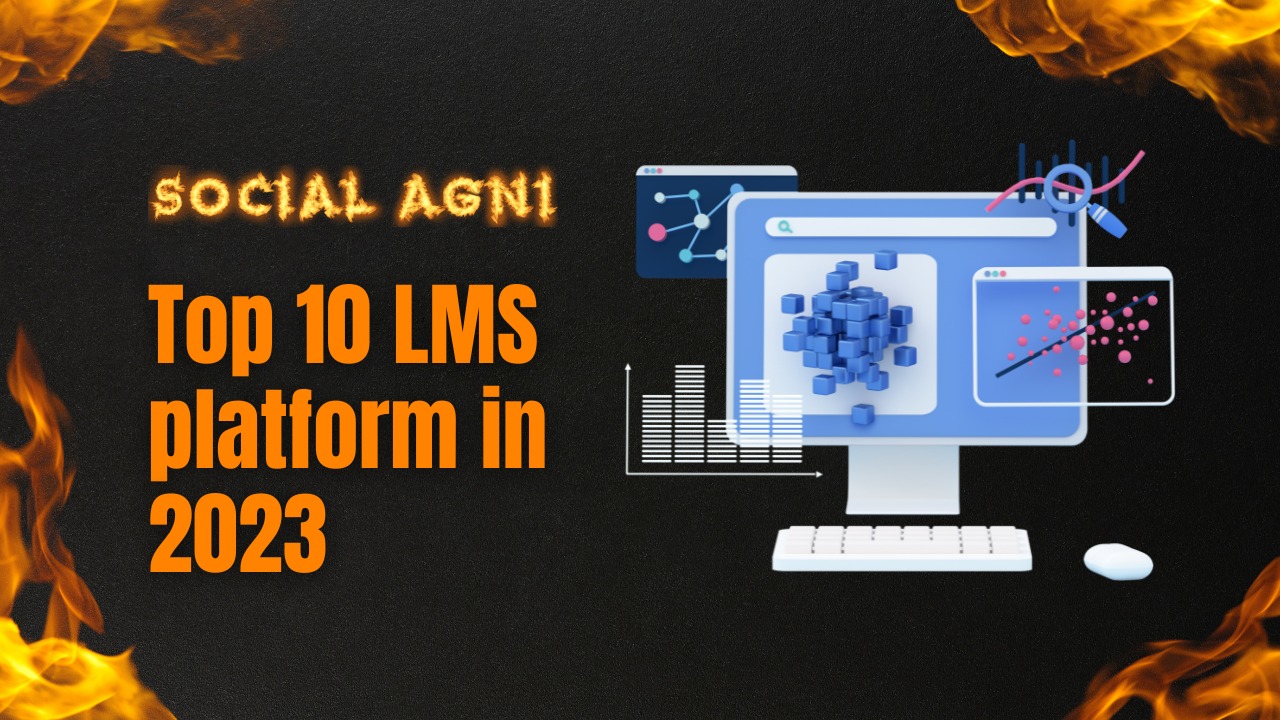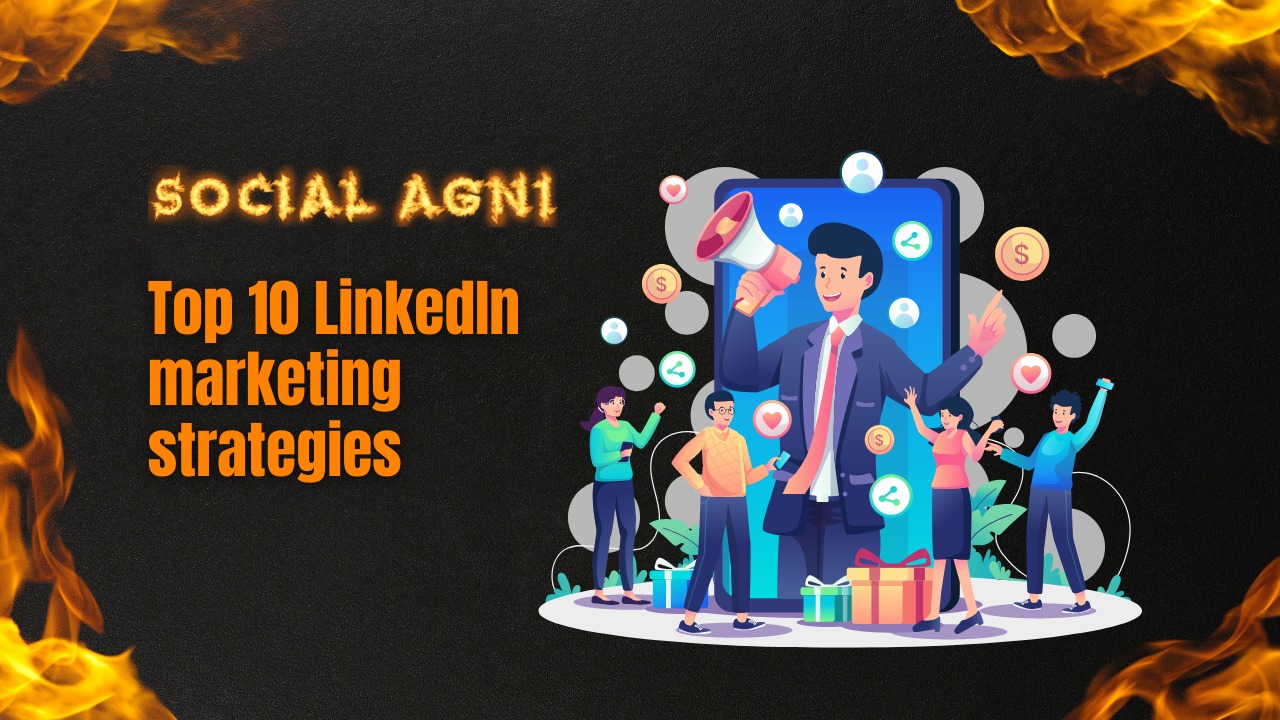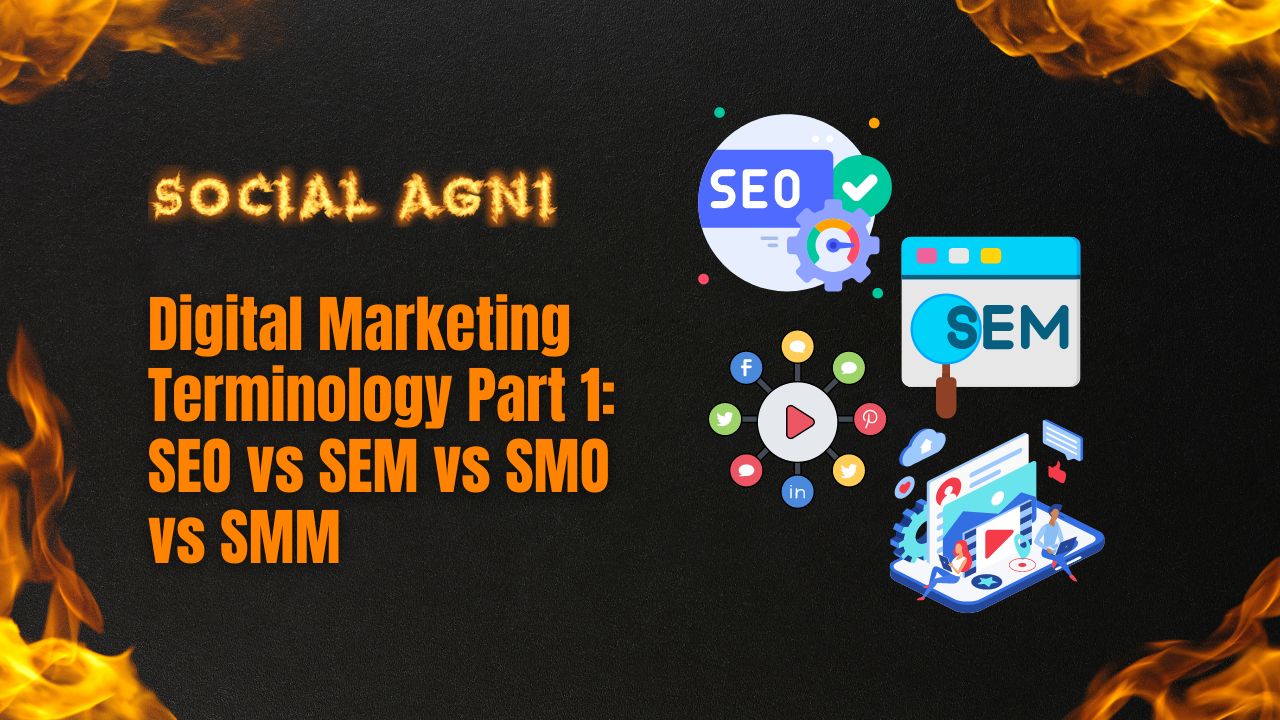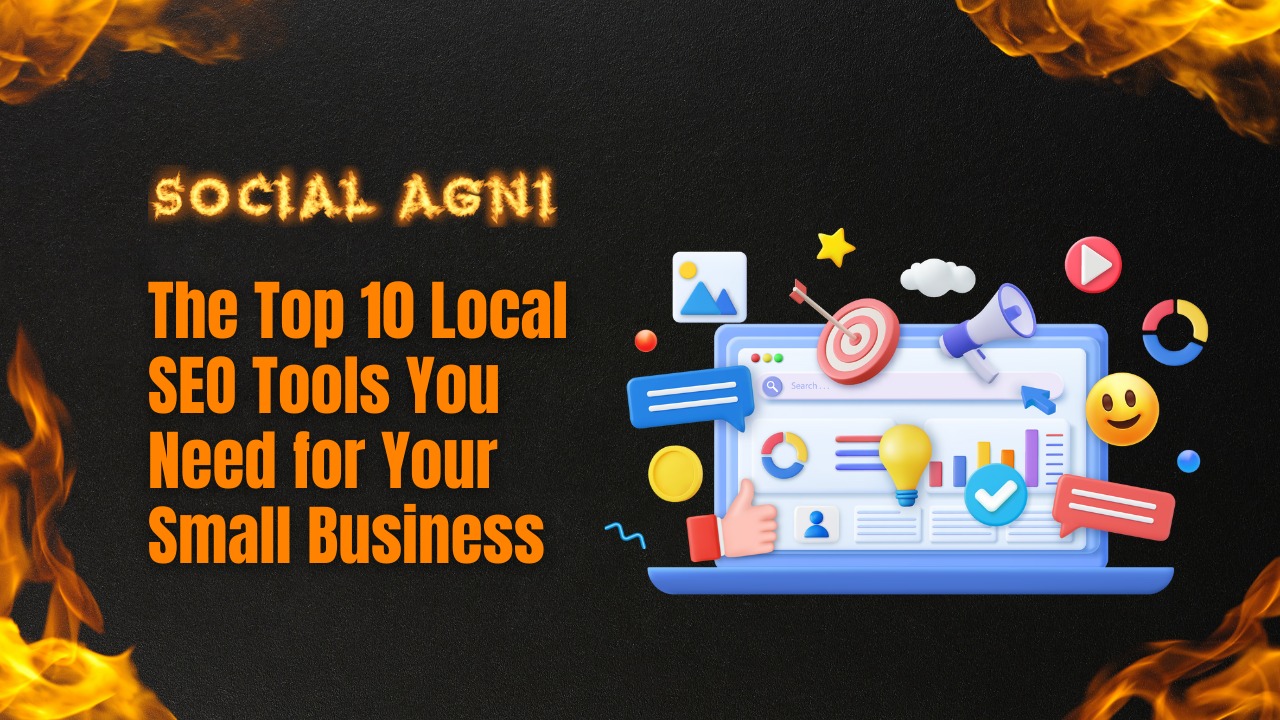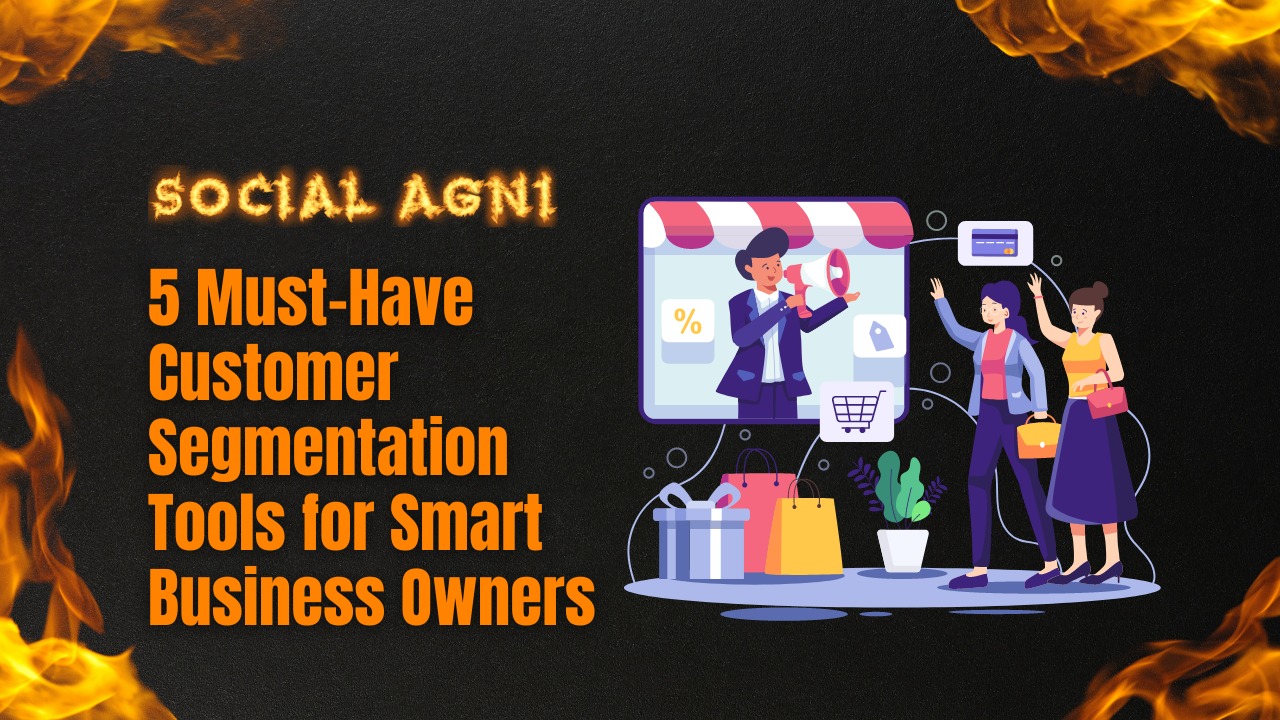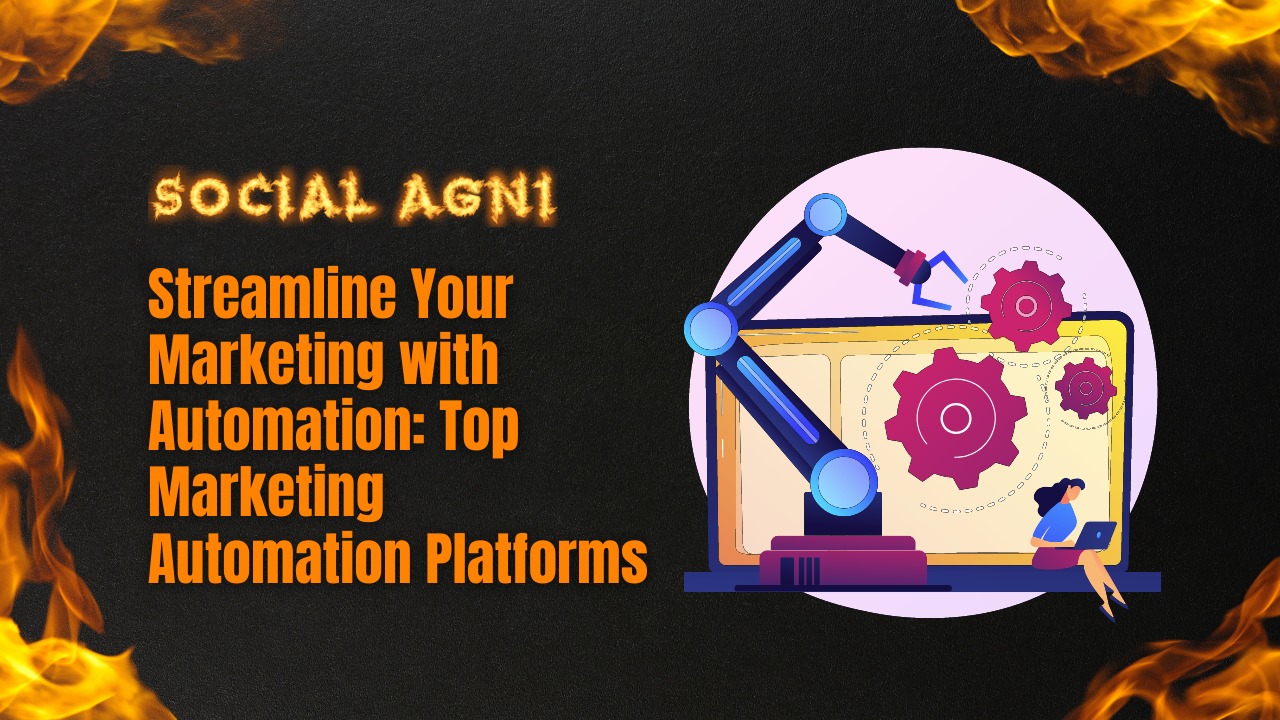To stay up with consumer trends in the digital age, marketing methods have changed. Affiliate and internet marketing are popular methods. Both strategies advertise items and services, but they differ. This article compares affiliate and digital marketing, highlighting their differences and business growth potential.
Affiliate marketing is a performance-based strategy where businesses work with affiliates to promote their products or services. Affiliates get paid for every sale or lead they create. Digital marketing uses search engines, social media, email, and content marketing to reach and engage target audiences. It engages customers directly to increase brand exposure, leads, and sales.
The marketer-promoter relationship distinguishes affiliate marketing from digital marketing. Affiliate marketing involves outsiders promoting a company’s goods or services. Experts or influencers in their domains recommend the products using their audience and authority. Digital marketing often involves brand-affiliated agencies or in-house teams. They create and implement digital marketing strategies to reach and engage target audiences.
Payment structure differs too. Affiliates only get paid for sales or leads in affiliate marketing. Businesses pay for results, not upfront costs, with this pay-for-performance strategy. Digital marketing uses upfront payments or retainer-based agency agreements, regardless of results. This payment system might affect a company’s marketing budget and risk.
Affiliate marketing and digital marketing also differ in marketing process control and ownership. Affiliate marketers generate and distribute marketing content. Affiliates can use their own strategies and inventiveness, but firms lose control over the marketing message and delivery. Digital marketing lets organizations oversee their campaigns and maintain consistent branding and messaging across digital media.
In conclusion, affiliate marketing and internet marketing sell items and services differently. Digital marketing engages customers directly, while affiliate marketing relies on external advocates. The two differ in payment structures, marketing process control, and involvement. Understanding these differences helps firms choose the optimal method for their marketing goals and resources. Companies may optimize marketing and business success in the dynamic digital landscape by exploiting each method’s strengths.
|
S.No. |
Category |
Affiliate Marketing |
Digital Marketing |
|
1 |
Definition |
Affiliate marketing is a marketing model where individuals or entities earn a commission by promoting products or services of other businesses. |
Digital marketing refers to the use of digital channels and strategies to promote products, services, or brands and engage with the target audience. |
|
2 |
Business Relationship |
Affiliate marketing involves a partnership between advertisers (product/service owners) and affiliates (promoters). |
Digital marketing is primarily executed by businesses or marketing agencies to promote their own products or services. |
|
3 |
Revenue Model |
Affiliates earn a commission or percentage of the sales generated through their promotional efforts. |
Digital marketing focuses on driving direct sales or leads for the business or brand itself. |
|
4 |
Promotion |
Affiliates promote products or services through various channels, such as websites, blogs, social media, or email marketing. |
Digital marketing involves promoting products or services through a wide range of digital channels, including search engines, social media platforms, email marketing, content marketing, etc. |
|
5 |
Target Audience |
Affiliates target their audience based on their niche or the specific interests of their followers. |
Digital marketing aims to reach and engage a broader target audience for the business or brand. |
|
6 |
Control Over Product/Service |
Affiliates have limited control over the product or service being promoted, as they act as intermediaries. |
Digital marketers have control over the product or service being promoted, as they are directly associated with the business or brand. |
|
7 |
Inventory Management |
Affiliates do not have to worry about inventory management, shipping, or customer support, as these aspects are handled by the product/service owner. |
Digital marketers may be involved in managing inventory, shipping, and customer support, depending on the nature of the business. |
|
8 |
ROI Calculation |
Affiliates focus on calculating their return on investment (ROI) based on the commission earned per sale or lead generated. |
Digital marketers calculate ROI based on the overall business objectives, such as revenue generated, cost per acquisition, or customer lifetime value. |
|
9 |
Relationship Building |
Affiliates primarily focus on driving conversions and may not have a direct relationship with the customers. |
Digital marketers often aim to build long-term relationships with customers and engage them through various marketing tactics. |
|
10 |
Ad Spend |
Affiliates do not usually spend money on paid advertising but rely on organic or earned media channels for promotion. |
Digital marketers often allocate budgets for paid advertising, including search engine ads, social media ads, or display ads. |
|
11 |
Metrics |
Key metrics for affiliates include conversion rate, click-through rate, and earnings per click (EPC). |
Digital marketers track a wide range of metrics, including impressions, clicks, conversions, bounce rate, engagement rate, and more. |
|
12 |
Lead Generation |
Affiliates may generate leads, but their main focus is on driving sales for the product or service being promoted. |
Digital marketers often focus on lead generation and nurturing through various digital channels and marketing automation techniques. |
|
13 |
Content Creation |
Affiliates create content focused on promoting specific products or services, such as reviews, comparisons, or tutorials. |
Digital marketers create various types of content, including blog articles, social media posts, videos, infographics, and more, to engage and educate the target audience. |
|
14 |
Customer Data Ownership |
Affiliates do not typically own customer data, as the sales or leads generated are attributed to the product/service owner. |
Digital marketers have access to customer data and often build their customer databases for ongoing marketing efforts. |
|
15 |
Long-Term Strategy |
Affiliates may focus on short-term promotions and immediate conversions for the products or services they are promoting. |
Digital marketers often develop long-term marketing strategies that align with the overall business goals and objectives. |
|
16 |
Brand Building |
Affiliates may not focus on building a personal or independent brand, as their main objective is promoting other businesses’ products or services. |
Digital marketers often focus on brand building and creating a strong brand identity for the business or brand they represent. |
|
17 |
Risk |
Affiliates bear a lower financial risk as they do not invest in product creation or inventory. However, their earnings depend on the performance of the products or services they promote. |
Digital marketers may have a higher financial risk as they invest in product development, advertising, and other marketing activities. |
|
18 |
Flexibility |
Affiliates have more flexibility in terms of the products or services they choose to promote and the strategies they employ. |
Digital marketers often follow a predetermined marketing strategy based on the business goals and objectives. |
|
19 |
Relationships with Competitors |
Affiliates may promote products or services from competing businesses within the same niche. |
Digital marketers typically focus on promoting their own products or services and may not promote direct competitors. |
|
20 |
Geographical Reach |
Affiliates can have a global reach, promoting products or services to an international audience. |
Digital marketers can also target a global audience but may have more localized or region-specific marketing efforts based on the business scope. |
|
21 |
Investment |
Affiliates have a lower initial investment as they can start promoting products or services without significant upfront costs. |
Digital marketers may require a higher initial investment for website development, advertising, software, or marketing tools. |
|
22 |
Revenue Potential |
Affiliates have the potential to earn passive income from multiple products or services they promote simultaneously. |
Digital marketers aim to generate direct revenue for their own business or brand through various marketing channels and strategies. |
|
23 |
Targeting Specific Niches |
Affiliates often specialize in specific niches and promote products or services catering to that niche audience. |
Digital marketers may target broader market segments and cater to a wider range of customer needs. |
|
24 |
Dependency |
Affiliates are dependent on the availability and success of the products or services they promote. |
Digital marketers have more control and independence in executing marketing strategies for their own business or brand. |
|
25 |
Performance-Based |
Affiliate marketing is performance-based, as affiliates earn a commission only when a sale or conversion occurs. |
Digital marketing may include performance-based strategies but also encompasses broader marketing activities beyond direct sales or conversions. |
|
26 |
Partnership Management |
Affiliates need to manage relationships with multiple advertisers and track their performance and commission earnings. |
Digital marketers focus on managing their own marketing campaigns and optimizing strategies for their business or brand. |
|
27 |
Networking Opportunities |
Affiliates have opportunities to network with other affiliates, industry professionals, and potential advertisers. |
Digital marketers may network with industry professionals, potential clients, or other digital marketers for collaboration or professional growth. |
|
28 |
Promotional Materials |
Affiliates rely on promotional materials provided by the advertisers, such as banners, affiliate links, or product descriptions. |
Digital marketers create their own promotional materials tailored to their business or brand, including branding assets, ad creatives, and website content. |
|
29 |
Customer Relationship Management |
Affiliates may not have a direct customer relationship, as the sales or leads are attributed to the advertisers. |
Digital marketers often focus on building and managing customer relationships through various marketing and customer service initiatives. |
|
30 |
Adaptability |
Affiliates can easily switch between promoting different products or services based on market trends or profitability. |
Digital marketers may need to adapt their marketing strategies based on changing industry trends, customer preferences, or technological advancements. |
|
31 |
Focus on Sales Conversion |
Affiliates primarily focus on driving sales conversions to earn commissions. |
Digital marketers may have a broader focus that includes brand awareness, customer engagement, lead generation, and sales conversions. |
|
32 |
Monetization Model |
Affiliates monetize their efforts by earning commissions for each successful referral or sale. |
Digital marketers monetize their marketing activities by driving direct sales, generating leads, or improving brand value and reputation. |
Frequently Asked Questions (FAQs)
1. How does affiliate marketing work?
Businesses work with affiliates to promote their goods or services via affiliate marketing, a performance-based marketing strategy. For each successful transaction they facilitate, affiliates are paid a commission.
2. Describe digital marketing.
The term “digital marketing” refers to a variety of marketing initiatives that use digital platforms to connect with and involve target consumers. It encompasses techniques like SEO, social media marketing, email marketing, and content marketing.
3. What differences exist between digital and affiliate marketing?
While affiliate marketing uses outside parties (affiliates) to advertise items, digital marketing is carried out by internal marketing teams or agencies that represent the business.
4. How can affiliates in affiliate marketing make money?
For every lead or sale they produce through their marketing efforts, affiliates receive commissions or other incentives. The company providing the affiliate program decides on the exact commission scheme.
5. What is the procedure for payment in digital marketing?
Different payment mechanisms are used in digital marketing, such as upfront costs or retainer-based contracts with agencies. Normally, compensation is not based on particular results like sales or leads.
6. Which strategy gives you greater power over the marketing process?
Digital marketing gives organizations complete control over their marketing operations, enabling consistent branding and messaging across different digital media. Affiliates have more freedom to use their own tactics and creativity thanks to affiliate marketing.
7. Is it possible to combine affiliate marketing with digital marketing?
The use of affiliate marketing and digital marketing methods in a company’s total marketing mix is acceptable. This enables them to gain from the special benefits that each strategy has to offer.
8. Which strategy is more cost-efficient?
Since firms only pay commissions on profitable sales, affiliate marketing is typically regarded as being cost-effective. The upfront costs of digital marketing might be greater, such as with agency fees or advertising expenditures.
9. Which strategy is more effective for increasing brand recognition?
While both strategies may increase brand recognition, digital marketing frequently offers greater direct control over brand message and target audience involvement.
10. Which method is better suited for small businesses?
For small firms with constrained marketing costs, affiliate marketing may be a compelling choice. Without incurring the high upfront expenses associated with digital marketing initiatives, they may benefit from the reach and knowledge of affiliates.

